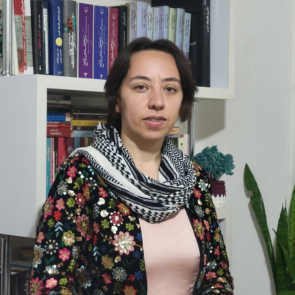
#Economic, Social & Cultural Rights
#Economic, Social & Cultural Rights
Economic, social and cultural rights include the rights to adequate food, to adequate housing, to education, to health, to social security, to take part in cultural life, to water and sanitation, and to work.
Human rights defenders fighting for ESC rights are often targeted both by state actors and non-state actors such as corporations, because they oppose powerful economic interests. This is the case, for example, when they defend the land rights of communities forcefully evicted to make space to mining activities or other development projects.
The International Covenant on Economic, Social and Cultural Rights was adopted by the UN General Assembly with resolution 2200A (XXI) on 16 December 1966, and it entered into force on 3 January 1976.
Although economic, social and cultural rights may be expressed differently from country to country or from one instrument to another, some of the fundamental rights included are:
• Workers’ rights, including freedom from forced labour, the rights to decide freely to accept or choose work, to fair wages and equal pay for equal work, to leisure and reasonable limitation of working hours, to safe and healthy working conditions, to join and form trade unions, and to strike;
• The right to social security and social protection, including the right not to be denied social security coverage arbitrarily or unreasonably, and the right to equal enjoyment of adequate protection in the event of unemployment, sickness, old age or other lack of livelihood in circumstances beyond one’s control;
• Protection of and assistance to the family, including the rights to marriage by free consent, to maternity and paternity protection, and to protection of children from economic and social exploitation;
• The right to an adequate standard of living, including the rights to food and to be free from hunger, to adequate housing, to water and to clothing; • The right to health, including the right to access to health facilities, goods and services, to healthy occupational and environmental conditions, and protection against epidemic diseases, and rights relevant to sexual and reproductive health;
• The right to education, including the right to free and compulsory primary education and to available and accessible secondary and higher education, progressively made free of charge; and the liberty of parents to choose schools for their children;
• Cultural rights







